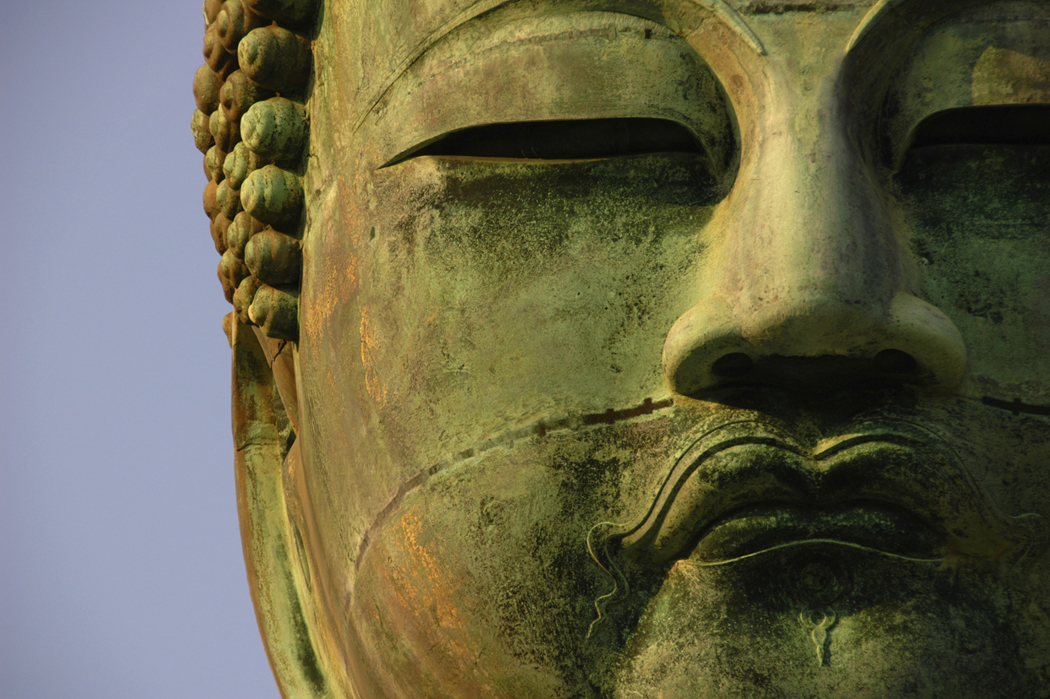It is that time of the year again… You are going to see people who you might only see once a year; you will have to talk (a lot) and you will normally have to eat (a lot). You will also hand out presents and receive some back wondering why you always get underwear in the strangest colours and sizes… Remember that more and foremost this period of the year should be one where you can re-connect with yourself. Try to find some time to escape, if only for a couple of hours and:
– switch your multiple devices off (the world will still be turning without you even if some people say that our last days are close)
– relax
– breathe
– watch the people surrounding you and wish them happiness.
– stop running and enjoy the present moment
– take the time to listen to people and be there for them.
It can be as simple as that!
Happy holiday season from rainy Switzerland, Jenny
Tag: Empathy
About the power of WE: Leading with Compassion
 Continuing on the path of one of my previous articles (About people skills and empathic leadership) where I wrote about people skills and that the ability to ‘think outside of the box’ and to create a climate of exchange, knowledge sharing and trust while leading is of major importance for providing direction and innovation to any company, I have to add the following: in fact leading with compassion and empathy is truly the most effective type of leadership. Why? Well let me take the time to explain this to you!
Continuing on the path of one of my previous articles (About people skills and empathic leadership) where I wrote about people skills and that the ability to ‘think outside of the box’ and to create a climate of exchange, knowledge sharing and trust while leading is of major importance for providing direction and innovation to any company, I have to add the following: in fact leading with compassion and empathy is truly the most effective type of leadership. Why? Well let me take the time to explain this to you!
Compassion can be defined as the “deep awareness of the suffering of another coupled with the wish to relieve it.”[1] In his book Search Inside Yourself, Chade-Meng Tan gives a definition of compassion that has tree components, given by Tibetan Buddhist scholar Thupten Jinpa:
1. A cognitive component: “I understand you.”
2. An affective component: “I feel for you.”
3. A motivational component: “I want to help you.”[2]
This leads directly to asking a simple question, as the excellent blog post of Louisa and George Altman put it rightly: do you work in a WE or a ME centered workplace? Or as Bill George, former Medtronic CEO puts it[3]: going from ‘I’ to ‘We’, leaving selfish behavior behind and acknowledging the effort of the whole.
Actually establishing a sense of belonging and trust, a culture of openness and care for each other thus bringing compassion to a team or a group of people as a leader, can have amazing effects as I have discovered for myself. Of course, it might take longer as you don’t just do things without explaining, acting top-down, but you communicate in a transparent way, opening up a dialogue, letting people comment and listen to their concerns/ideas. But at the end of the day, it will make your team very strong as its members will have established a strong relationship of trust with you and the others. Trust on the other hand is the foundation of effectively working teams. Finally, bringing compassion and empathy to your team will also highly motivate its members and if you would ask them to walk the extra mile to achieve an extraordinary goal, they would do so without even asking.
Now, imagine if more teams in an organization would think and act in the above described way; it would create a corporate climate where employees would feel at ease, understood and valorized. At the same time, excellent results would be achieved. The dream for every CEO: from good to great and from I/ME to WE…
Now: in what kind of an environment do you work in?
Creating a WE vs. ME Workplace
Excellent read! Leaders who lead with fear spread fear, leaders who lead with empathy spread empathy. Are you in a ME or WE workplace?
Excellent read! Leaders who lead with fear spread fear, leaders who lead with empathy spread empathy. Are you in a ME or WE workplace?
Empathy and loving-kindness: what can it do for you?
 Today I want to write about something I came across when learning to practice mindfulness which I thought was extremely strange and funny at the same time. I am sure that many of you will smile when you read this as you might have experienced the same.
Today I want to write about something I came across when learning to practice mindfulness which I thought was extremely strange and funny at the same time. I am sure that many of you will smile when you read this as you might have experienced the same.
I actually want to talk about the “loving-kindness meditation”[1] and how it can impact us. The loving-kindness practice is actually an old Buddhist practice called “Metta Bhavana”[2] which exists since over 2500 years. It is fairly easy to do as you simply need to direct ‘loving-kindness’ to yourself wishing you happiness, fulfillment, peace (as if you would give yourself a big hug) and then let the feeling envelope you in order to be subsequently able to wish the same to a good friend or dear person, then to a neutral person and finally to a difficult one, eventually opening up to all human beings. Really quite simple in theory but when I first had to do this, I actually found it quite ok to send these wishes to myself and my loved ones but neutral people and then people with whom I had difficult relationships proved to be really a challenge and even somewhat awkward. Funnily, afterwards, every time I saw the ‘neutral person’ or ‘difficult person’ again, I was kind of expecting something extraordinary to take place which of course never really happened… well, over time, as everything, it becomes easier with training and I actually found myself really wishing people happiness and even developing empathy towards persons I did not particularly like. Suddenly, I saw no apparent reason to dislike them anymore, which I thought was rather strange but actually a relief as it did not bother me any longer and I could focus my attention on something else.[3]
Empathy as we know is one major ingredient of building a trustful relationship with somebody else, be it at work or in private life. As soon as we are interested in another person’s life and issues, listening with attention and providing feedback will establish a solid foundation for any further interactions. Being a coach and a leader this truly is essential as without it, the basis of a relationship would be missing, hence the trust.
In summary, for me personally, the loving-kindness meditation is an excellent tool for training patience, receptivity, and appreciation/empathy. It helps me stay open-minded and non-judging, thus facilitates my work in a multicultural and fast paced environment.
You might want to try it out for yourself:
“May I be well”
“May I be happy”
“May I be free from suffering”[4]
[1] See for example this site for a good explanation of what this meditation is all about : http://www.jackkornfield.com/2011/02/meditation-on-lovingkindness/
[2] See ‘Metta’ on Wikipedia : http://en.wikipedia.org/wiki/Mett%C4%81
[3] See also Charles A Francis’ site who has developed a variation of the loving-kindness meditation called ‘writing meditation’: http://www.mindfulnessmeditationinstitute.org/what-is-writing-meditation/
[4] Search Inside Yourself, Chade-Meng Tan, p.172.
Fearful Leaders are Followers
It all comes down to trust and empathy…
6 Mindfulness Exercises You Can Try Today
If you feel stressed today why not try these 6 mindfulness exercises and release attachment and aversion.

